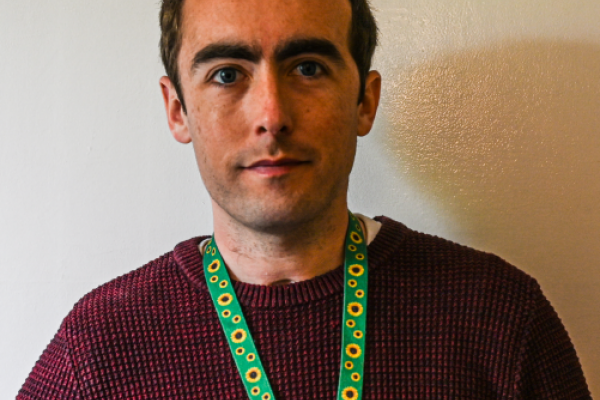Aphasia, also known as Dysphasia, is when a person has difficulty with their language or speech. it can be very mild, and sometimes can only affect one form of communication, such as reading or speaking, but it usually affects several aspects of communication at the same time. In its severest form, the person with aphasia may have very little, or no, speech and find it difficult to follow a simple conversation.
Aphasia is usually caused by damage to the left side of the brain (for example, after a stroke, trauma to the head, certain forms of dementia). It can present by itself or alongside other conditions, such as visual difficulties, mobility problems, limb weakness, and problems with memory or thinking skills.
The content on this page is provided solely for information purposes and provides an overview of the subject matter covered. It is not a substitute for professional medical advice, diagnosis or treatment. If you think you have aphasia, please seek further information. The information on this page is subject to change without notice.
Aphasia is an invisible disability
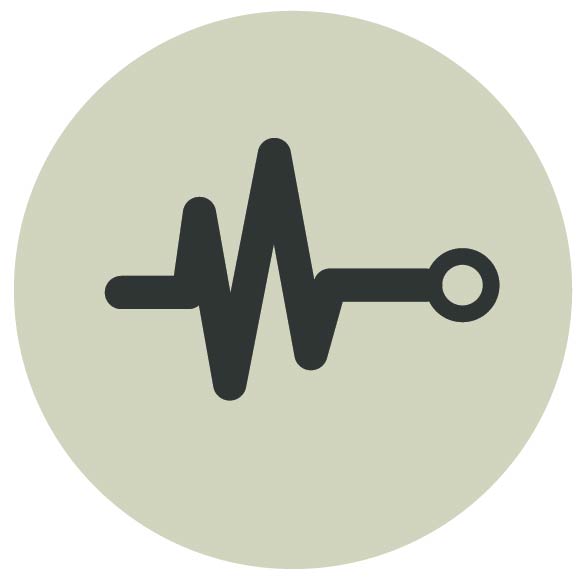 Aphasia affects each person living with it differently
Aphasia affects each person living with it differently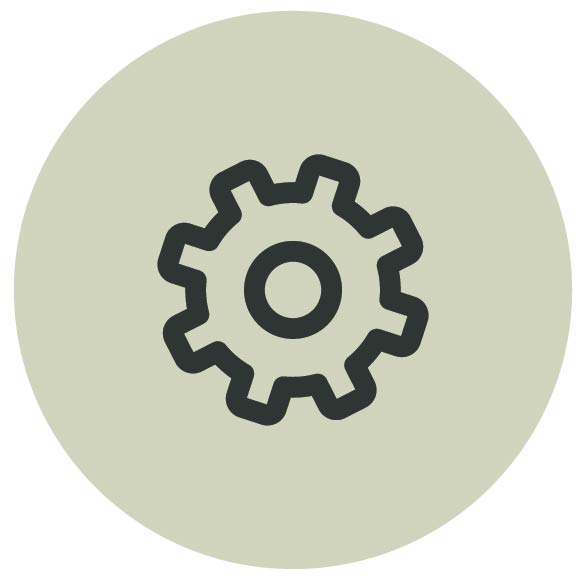 A stroke is the biggest cause of Aphasia
A stroke is the biggest cause of Aphasia More than 350,000 people with Aphasia in the UK
More than 350,000 people with Aphasia in the UK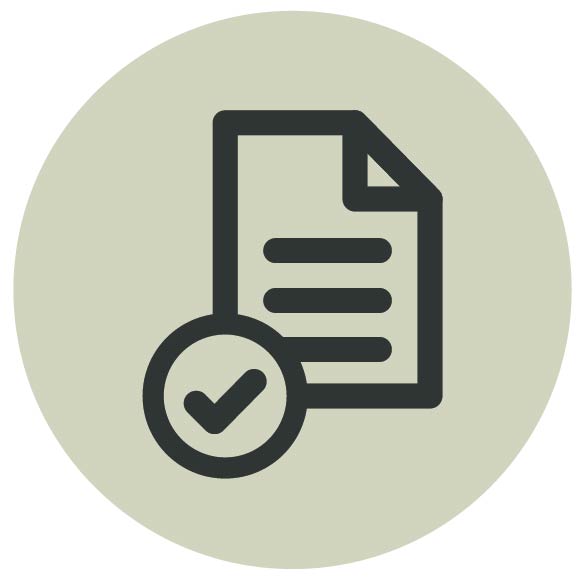 20,000 people will develop Aphasia in the UK, each year
20,000 people will develop Aphasia in the UK, each year 84.5% of people have never heard the term “Aphasia.”
84.5% of people have never heard the term “Aphasia.” Aphasia affects a person's ability to communicate but it doesn't affect their intelligence.
Aphasia affects a person's ability to communicate but it doesn't affect their intelligence.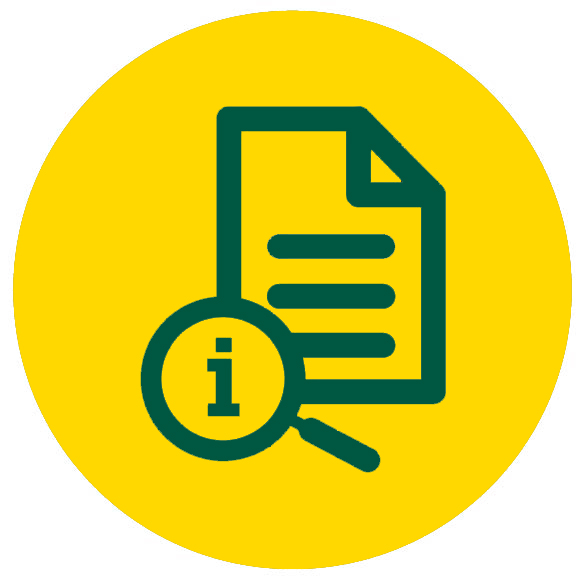 Aphasia stats & facts poster Download here
Aphasia stats & facts poster Download here
Aphasia affects everyone differently. It can cause a variety of problems related to communication and sometimes mobility: Although aphasia affects a person's ability to communicate, it doesn't affect their intelligence.
Aphasia can lead to:
- changes in personality or behaviour
- difficulties with memory
- difficulties with movement
- feeling of isolation
- depression
- anxiety
Types of Aphasia
There are several types of Aphasia and they are classified based on whether someone has difficulty expressing themselves or understanding things they hear or read, or both.
Expressive Aphasia
A person with expressive Aphasia experiences difficulty communicating with others. This may affect speech, writing, gestures or drawing, and causes problems with everyday tasks like using the telephone, writing an email, or speaking to family and friends.
People with expressive Aphasia may have some of the following signs and symptoms:
- speaking, slow and halting speech, putting words in the wrong order
- struggling to get certain words out – such as the names of objects, places or people
- only using basic nouns and verbs – for example, "want drink" or "go town today"
- spelling or grammatical errors
- using a wrong but related word – such as saying "chair" instead of "table"
- including nonsense words or their speech not making sense
Receptive Aphasia
A person with receptive Aphasia has difficulty understanding things they hear or read. They may also have difficulty interpreting gestures, drawings, numbers, and pictures. This can affect everyday activities such as reading an email, managing finances, having conversations, listening to the radio, or following TV programs.
People with receptive Aphasia may have some of the following signs and symptoms:
- difficulty understanding what people say
- difficulty understanding written words
- misinterpreting the meaning of words, gestures, pictures, or drawings
- giving responses that may not make sense if they've misunderstood questions or comments
- not being aware of their difficulties with understanding,
Aphasia and dementia
People with common types of dementia, such as Alzheimer's disease and vascular dementia, usually have a mild form of Aphasia. They may have problems finding words and getting the words mixed up. This can include people’s names, even those they know well but it doesn’t mean that they don’t recognise the person.
Primary progressive Aphasia
This is a rare type of dementia, where language is heavily affected and the symptoms get worse over time.
Usually, the first problem people with primary progressive Aphasia (PPA) notice is difficulty finding the right word or remembering somebody's name. The problems gradually get worse, and can include:
- speech becoming hesitant and difficult and making mistakes with the sounds of words or grammar
- speech becoming slow with short, simple sentences
- forgetting the meaning of complicated words, and later also simple ones, making it more difficult for them to understand other people
- having difficulty being specific or clarifying what they're saying
- becoming less likely to join in with or start conversations#
Effects on daily life and challenges faced
- misinterpreting the meaning of words, gestures, pictures, or drawings
- writing and/or reading an email
- auditory processing
- telling the time
- using the telephone
- managing finances
- having conversations
- listening to the radio, or following TV programs
Assistance and support you can offer
Be patient
- Use clear short sentences
- Don’t rush
- Ask one question at a time
- Give the person time to interpret what is being communicated
- Give the person time to respond
- Do not finish their sentences
- Keep the conversation focused and don’t switch topics too quickly
- Try to use closed questions
- Use pen and paper to write or draw keywords
Work environment
- Reduce background distractions such as noise
Sources:
NHS: https://www.nhs.uk/conditions/aphasia/
National Aphasia Association: https://www.aphasia.org/
National Institure of Deafness and other Communication Disorders: nidcd.nih.go
Stroke Association: www.stroke.org.uk/
Look out for these Sunflower icons

I may need more time I need a quiet/safe place Is there a safe/quiet space I can use?
I need a quiet/safe place Is there a safe/quiet space I can use?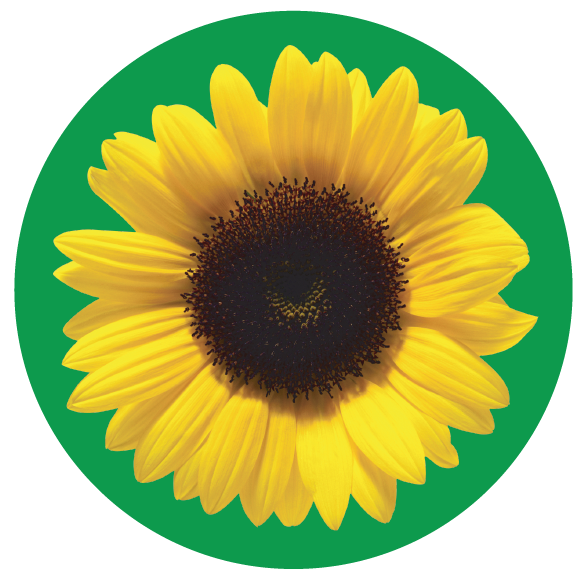 I have a hidden disability
I have a hidden disability
The content on this page is provided solely for information purposes and provides an overview of the subject matter covered. It is not a substitute for professional medical advice, diagnosis or treatment. If you think you have aphasia, please seek further information. The information on this page is subject to change without notice.



